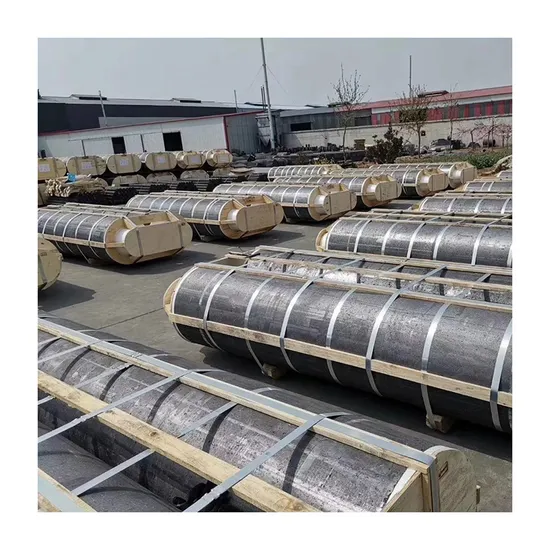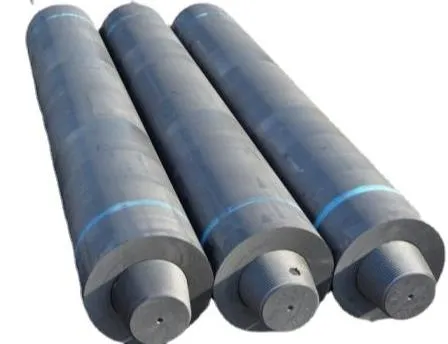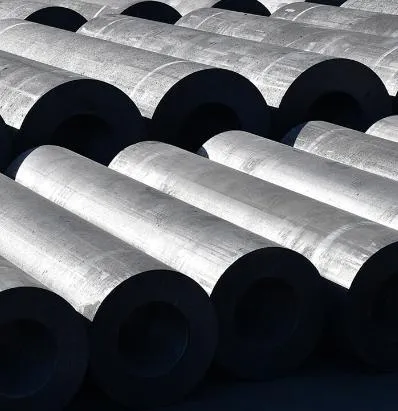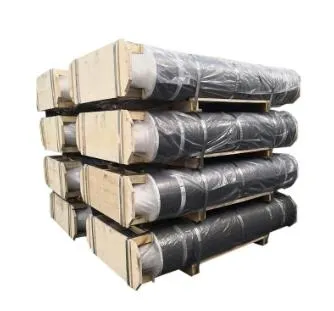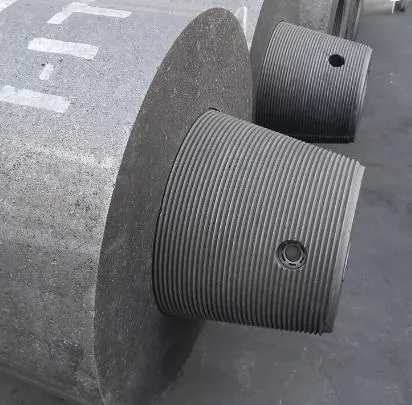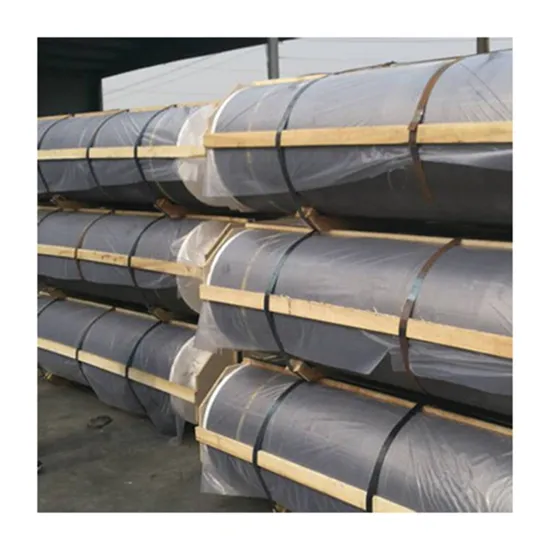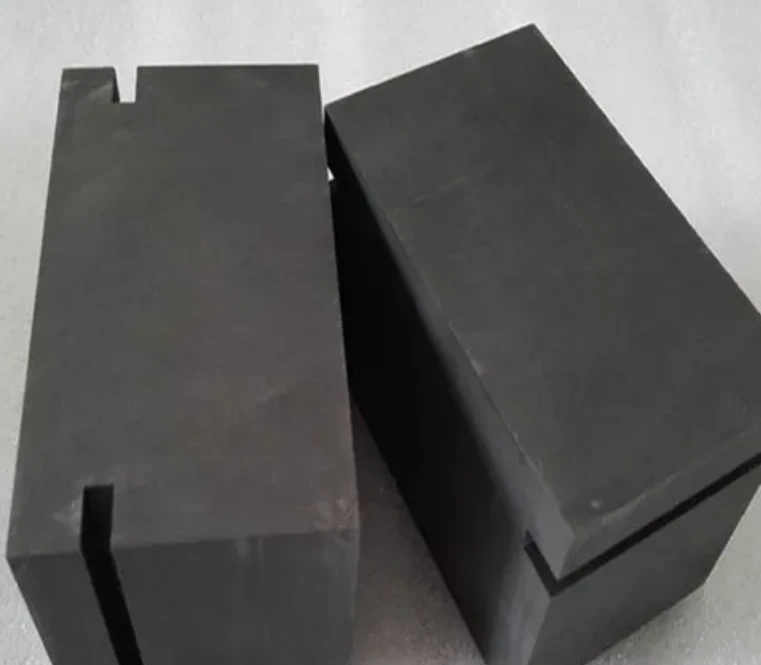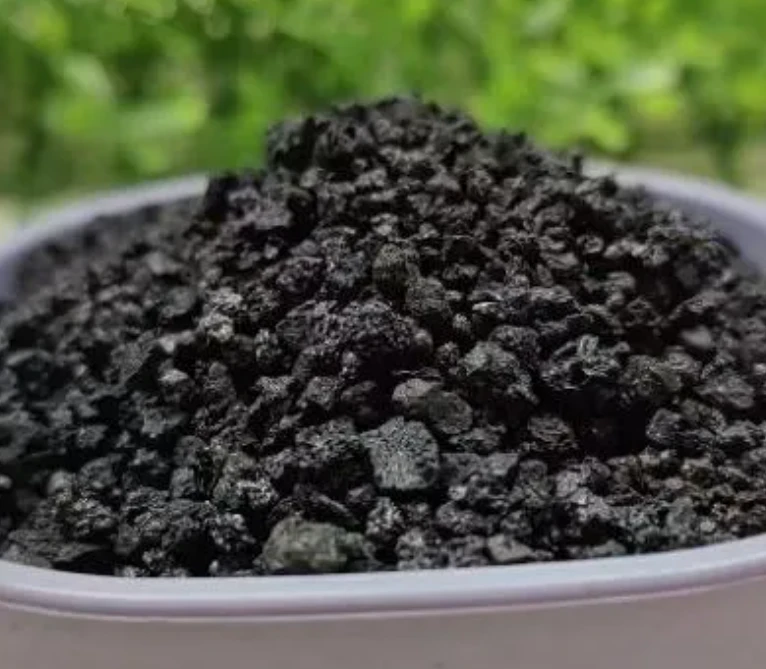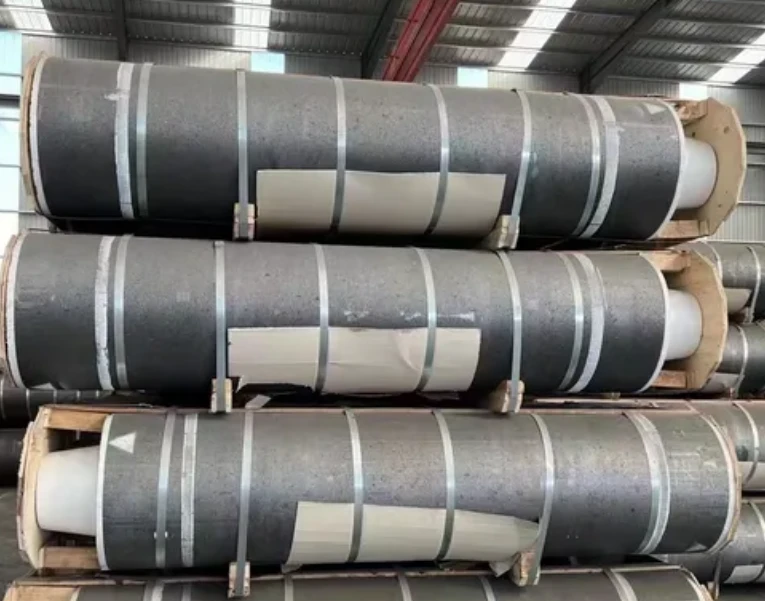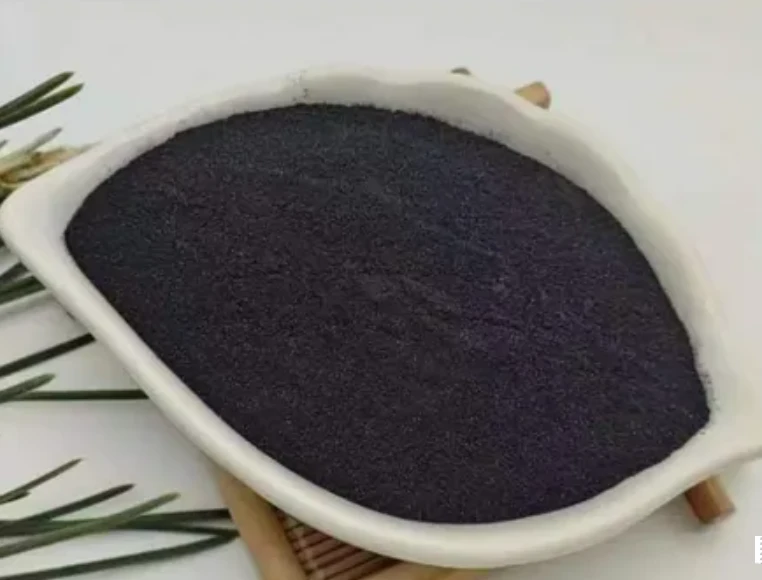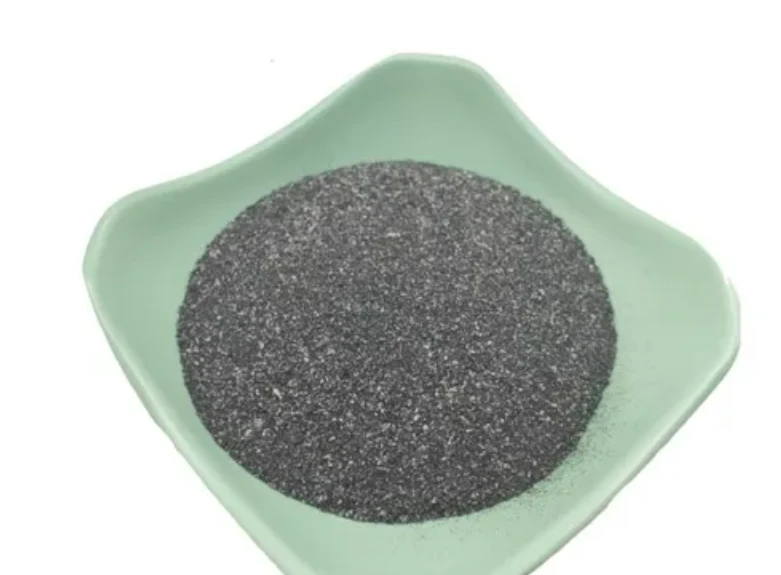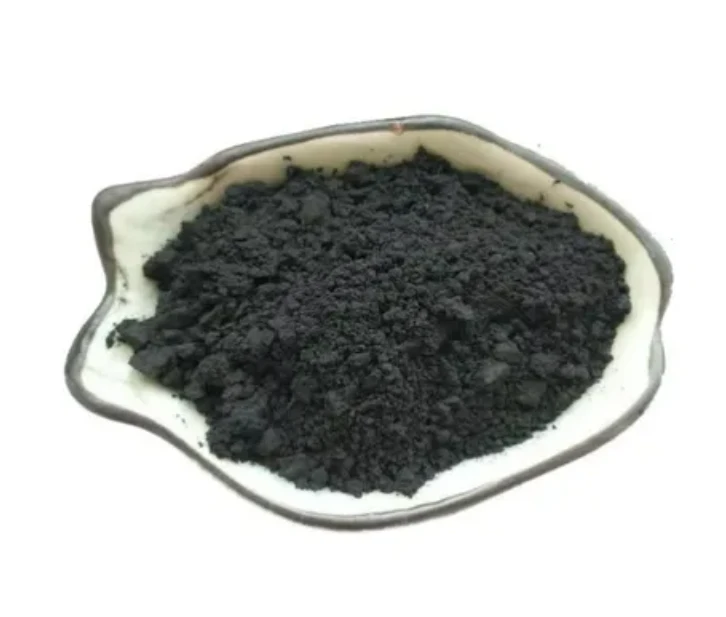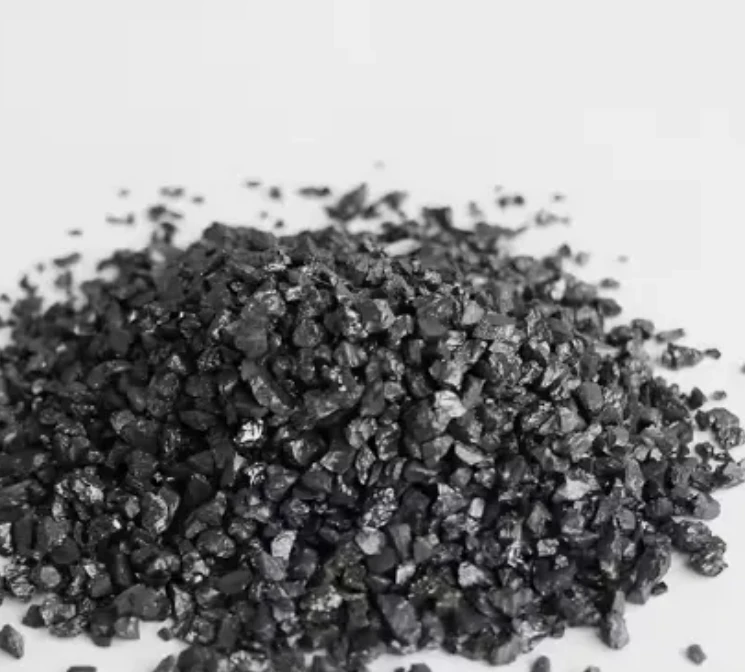- Englist


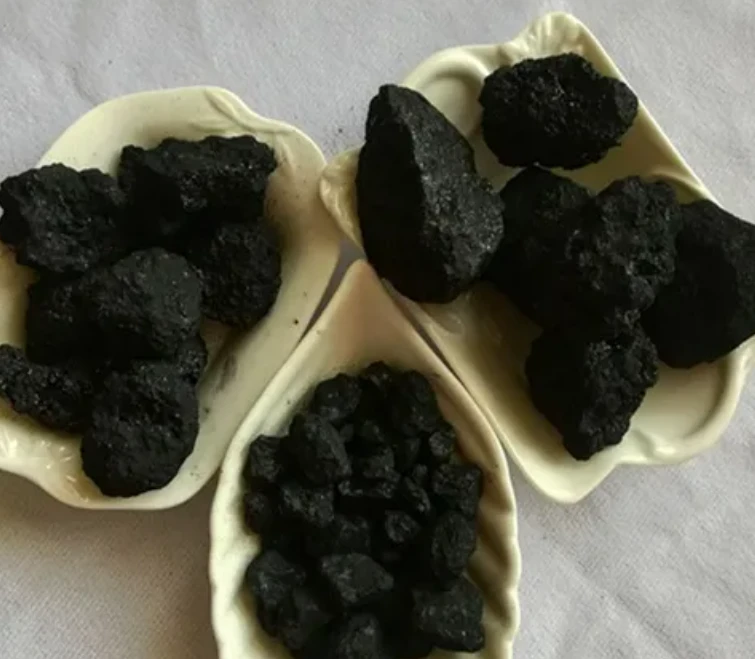
The global industrial sector relies heavily on various forms of petroleum coke as essential raw materials for numerous manufacturing processes.This comprehensive 1200-word guide examines five critical aspects of petroleum coke applications, featuring insights from industry leader Shijiazhuang Nalai Biotechnology Co., Ltd, known for their expertise in high-quality carbon material production and innovative processing techniques.
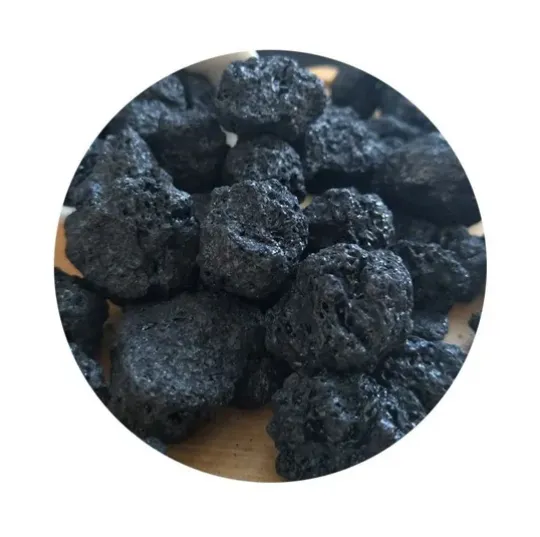
Fundamental Properties and Grades of Petroleum Coke
Petroleum coke exists in several distinct grades, each with unique chemical and physical properties that determine its industrial suitability. Raw petroleum coke typically contains carbon content ranging from substantial to nearly pure concentrations, along with varying levels of sulfur, metals, and volatile matter. The material's physical characteristics, including its porous structure, hardness profile, and electrical conductivity, make it invaluable across multiple industries. Shijiazhuang Nalai Biotechnology Co., Ltd employs advanced analytical techniques including X-ray diffraction and electron microscopy to classify petroleum coke grades with precision. Their rigorous testing protocols evaluate key parameters such as real density, coefficient of thermal expansion, and ash content, ensuring buyers receive materials perfectly matched to their specific application requirements. The company's technical team works closely with clients to select the optimal coke grade based on comprehensive performance data and application-specific testing results.
Production and Applications of Calcined Petroleum Coke
The transformation of raw petroleum coke into calcined petroleum coke represents a critical value-adding process in the carbon materials industry. During calcination, raw coke undergoes carefully controlled thermal treatment at extreme temperatures to remove volatile components and develop optimal crystalline structures. This energy-intensive process significantly enhances the material's electrical conductivity while increasing its carbon purity and bulk density. The resulting calcined petroleum coke serves as the primary raw material for aluminum anode production, where its consistent quality directly impacts smelting efficiency and energy consumption. Shijiazhuang Nalai Biotechnology Co., Ltd operates state-of-the-art rotary kiln calcining facilities that maintain precise temperature profiles throughout the thermal treatment process. Their proprietary quality control systems monitor critical parameters in real-time, ensuring each batch of calcined petroleum coke meets exacting industry specifications for anode grade materials. Beyond aluminum production, premium calcined coke finds applications in titanium dioxide manufacturing, steel production, and as a carbon additive in various metallurgical processes.
Specialized Uses and Processing of Graphite Petroleum Coke
Graphite petroleum coke represents the highest purity and most processed form of petroleum-derived carbon materials. This premium material undergoes additional purification steps and specialized thermal treatment to achieve the crystalline perfection required for synthetic graphite production. The exceptional purity, thermal stability, and electrical conductivity of graphite petroleum coke make it indispensable in several high-tech industries. Electric arc furnace steel production consumes significant quantities as electrode material, where its performance directly affects melting efficiency and power consumption. The lithium-ion battery industry relies on ultra-pure grades for anode material production, with stringent requirements for impurity levels and particle morphology. Shijiazhuang Nalai Biotechnology Co., Ltd has developed proprietary processing technologies to produce graphite petroleum coke with tightly controlled particle size distribution and chemical composition. Their advanced milling and classification systems ensure optimal powder characteristics for graphite electrode manufacturing, while their quality assurance program includes comprehensive testing for trace metal content and crystalline structure parameters critical to end-use performance.
Comprehensive Quality Control in Petroleum Coke Production
Maintaining consistent quality across all petroleum coke products requires implementing rigorous quality assurance protocols at every production stage. For raw petroleum coke, key parameters include sulfur content, vanadium and nickel concentrations, and volatile matter percentage. Calcined petroleum coke requires additional testing for real density, electrical resistivity, and crystalline structure development. Graphite petroleum coke demands even more stringent controls, with particular attention to trace element content and particle size distribution. Shijiazhuang Nalai Biotechnology Co., Ltd has established a comprehensive quality management system that begins with raw material selection and continues through every processing step to final product shipment. Their laboratories are equipped with advanced analytical instruments including ICP spectrometers for precise metal analysis, laser diffraction particle size analyzers, and specialized equipment for measuring electrical and thermal properties. The company's quality engineers work closely with production teams to maintain tight tolerances on all critical parameters, ensuring batch-to-batch consistency that meets the most demanding industry specifications. Regular audits and proficiency testing guarantee the reliability of their quality control data, giving buyers confidence in material performance.
Petroleum Coke FAQS
What are the key differences between fuel-grade and anode-grade petroleum coke?
Fuel-grade petroleum coke typically has higher sulfur and metal content, making it suitable only for combustion applications, while anode-grade material undergoes careful selection and processing to meet strict purity requirements for aluminum production. Anode-grade calcined petroleum coke must demonstrate low impurity levels, consistent physical properties, and optimal crystalline structure to perform effectively in electrolytic cells, with Shijiazhuang Nalai Biotechnology Co., Ltd employing specialized testing to verify these characteristics.
How does the calcining process improve petroleum coke properties?
The calcination process transforms raw petroleum coke by driving off volatile components and developing a more ordered carbon crystalline structure. This treatment increases real density, enhances electrical conductivity, and improves chemical stability, creating calcined petroleum coke with superior performance characteristics for demanding applications. Shijiazhuang Nalai Biotechnology Co., Ltd utilizes precisely controlled calcining conditions to optimize these property enhancements while maintaining energy efficiency.
What makes graphite petroleum coke suitable for lithium-ion battery applications?
Graphite petroleum coke for battery applications must achieve exceptional purity levels with carefully controlled particle morphology to facilitate lithium ion intercalation. The material undergoes additional processing to remove trace metals that could impair battery performance, while specialized milling creates the optimal particle size distribution. Shijiazhuang Nalai Biotechnology Co., Ltd produces battery-grade coke with purity levels exceeding industry standards for this critical application.
How do environmental regulations impact petroleum coke production?
Modern petroleum coke production facilities must comply with stringent environmental regulations governing emissions, energy consumption, and byproduct management. Shijiazhuang Nalai Biotechnology Co., Ltd invests in advanced pollution control systems, energy recovery technologies, and process optimizations to minimize environmental impact while maintaining product quality. These measures include sophisticated scrubbing systems for calciner emissions and closed-loop water management processes.
What innovations are shaping the future of petroleum coke applications?
Emerging innovations include the development of specialized graphite petroleum coke formulations for next-generation batteries, advanced purification techniques for semiconductor applications, and novel processing methods to enhance material sustainability. Shijiazhuang Nalai Biotechnology Co., Ltd is actively researching these areas, with particular focus on reducing the carbon footprint of coke production while expanding performance capabilities for high-tech applications.





 Pervious
Pervious
 Next
Next
